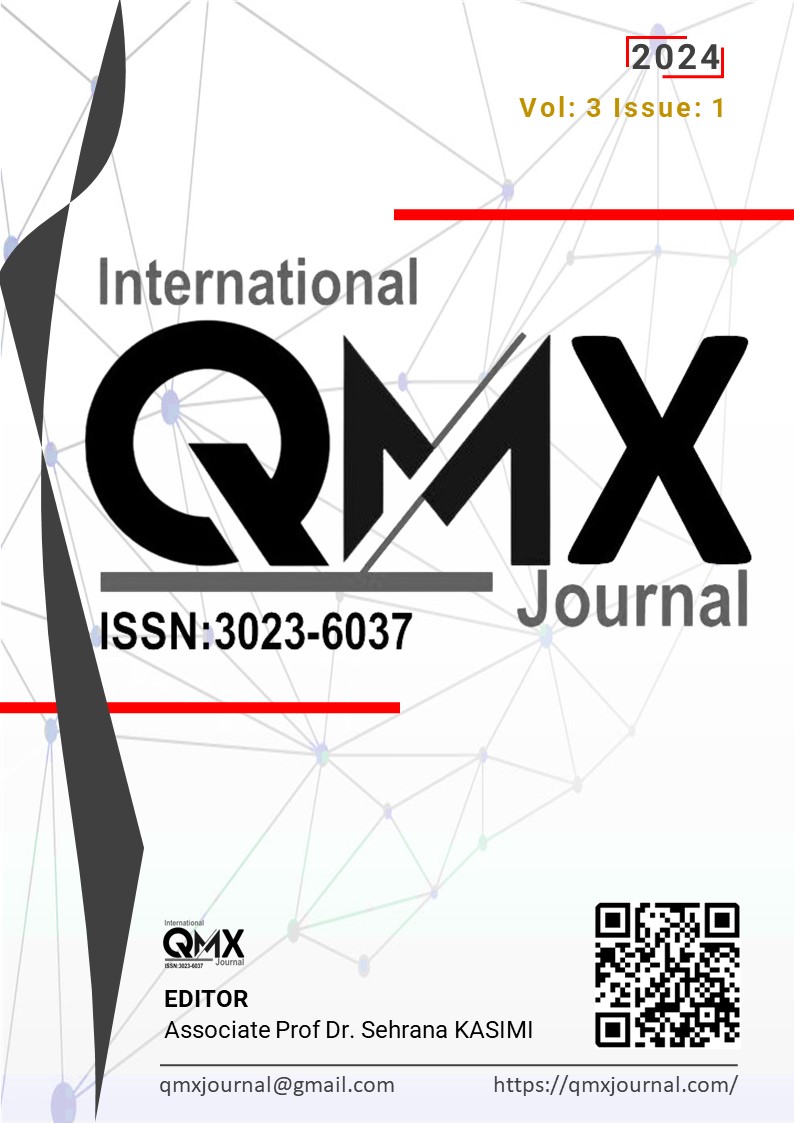Okul Müdürlerinin Kullandığı Örgütsel Güç Temellerinin Öğretmenler Arasında Mesleki İşbirliğine Etkisinin İncelenmesi
Author :
Abstract
Bu araştırmada, öğretmenlerin görüşlerine göre, okul yöneticilerinin kullandığı güç türleri ile öğretmenler arası mesleki işbirliği arasındaki ilişkinin incelenmesi amaçlanmıştır. Araştırma ilişkisel tarama modeli olarak tasarlanmıştır. Araştırmada örgütsel güç tipi ölçeği, ve öğretmenler arasında mesleki iş birliğine yönelik tutum ölçeği kullanılmıştır. Araştırma sonucuna göre algılan güç tipi ve öğretmenler arasında mesleki işbirliğine yönelik tutum ortalamanın üstünde çıkmıştır. Öğretmenlerin algıladığı güç tipi ve mesleki işbirliği tutumları kadın ve erkeğe göre değişmemektedir. Katılımcıların yasal güç alt boyutunda; 22-30 yaş arası ve 41 yaş ve üzeri grubun yasal güç algısı 31-40 yaş arası grubundan daha yüksek çıkmıştır. Katılımcıların yasal güç, zorlayıcı güç ve Mesleki İşbirliği Ölçeği ölçekleri medeni durum değişkenine göre farklılık çıkmıştır. Katılımcıların yasal güç, zorlayıcı güç ve Mesleki İşbirliği Ölçeği ölçekleri mesleki kıdem durum değişkenine göre farklılık çıkmıştır. Katılımcıların yasal güç, zorlayıcı güç ve Mesleki İşbirliği Ölçeği ölçekleri öğrenim durum değişkenine göre farklılık çıkmıştır. Araştırmada, güç tipi genel ölçeği ile mesleki işbirliği ölçeği arasında anlamlı ve pozitif bir ilişki vardır. Diğer yandan mesleki işbirliği ölçeği ile yasal güç ve zorlayıcı güç arasında negatif ilişki çıkmıştır. Ayrıca okul yöneticilerinin kullandığı güç türleri algılarının öğretmenlerin mesleki işbirliği düzeyleri algılarını anlamlı bir şekilde yordamaktadır.
Keywords
Abstract
This research aims to examine the relationship between the types of power used by school administrators and professional cooperation between teachers, according to teachers' opinions. The research was designed as a relational screening model. Organizational power type scale and attitude scale towards professional collaboration among teachers were used in the research. According to the results of the research, the type of perceived power and the attitude towards professional cooperation among teachers were above average. The type of power perceived by teachers and their attitudes towards professional cooperation do not differ between men and women. Participants' legal power sub-dimension; The perception of legal power in the group between the ages of 22-30 and those aged 41 and over was higher than the group between the ages of 31-40. Participants' legal power, coercive power and Professional Cooperation Scale scales differed according to the marital status variable. Participants' legal power, coercive power and Professional Cooperation Scale scales differed according to the professional seniority status variable. Participants' legal power, coercive power and Professional Cooperation Scale scales differed according to the educational status variable. In the study, there is a significant and positive relationship between the general power type scale and the professional collaboration scale. On the other hand, there was a negative relationship between the professional cooperation scale and legal power and coercive power. In addition, perceptions of the types of power used by school administrators significantly predict teachers' perceptions of their level of professional cooperation.





